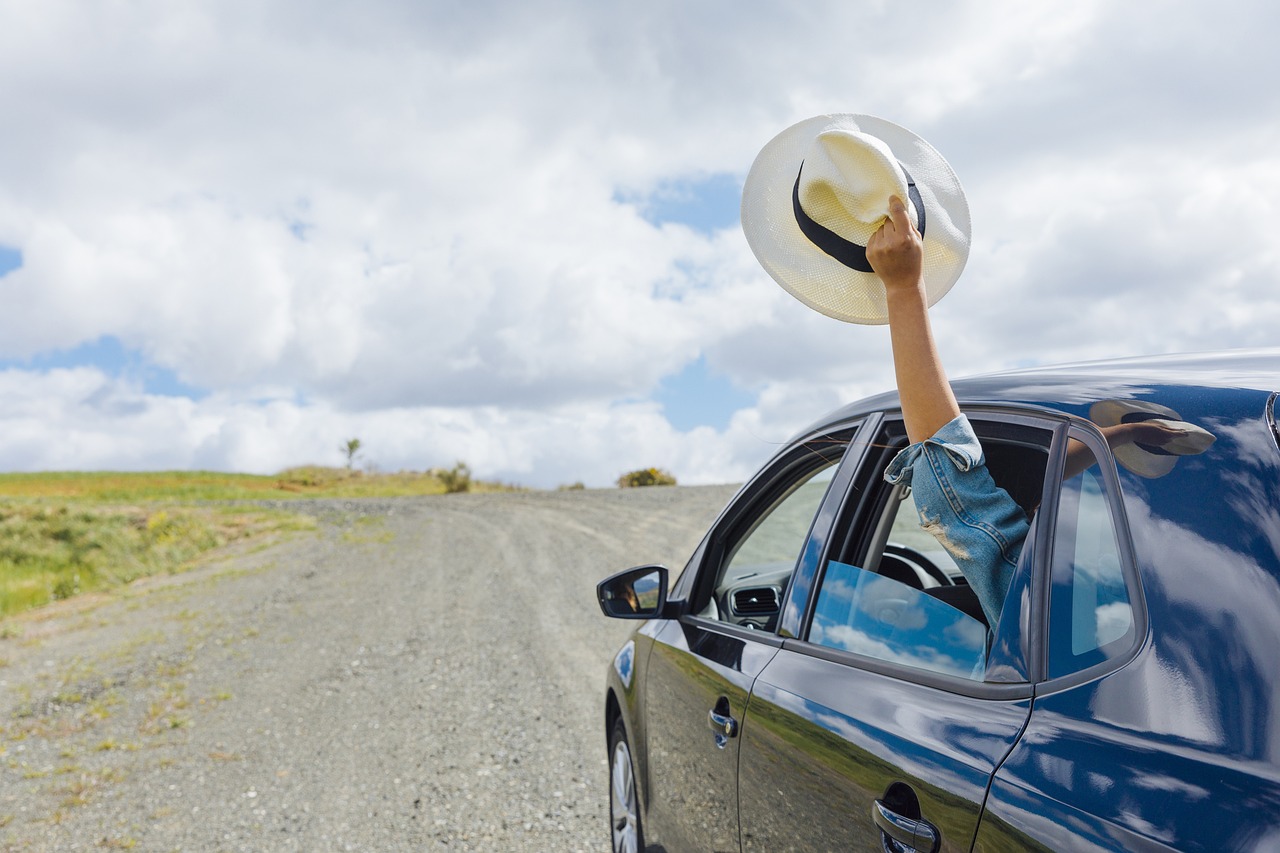
Car Essentials Checklist: Must-Have Items for Every Journey
When you’re out on the road, having the right items in your car can make all the difference. From mandatory safety equipment to tools for emergency repairs, being well-prepared can save you a lot of trouble. Here’s a comprehensive guide to ensure you have everything you need in your car.
Minimum Set of Things Needed on the Trip
Going on the road without some essential items is simply not recommended. While not all of these items are mandatory by law, they are crucial for handling common issues that may arise, especially if your car breaks down far from a city. Here are some basics that every driver should keep in their vehicle:
Spare Parts
Almost all car manufacturers provide a spare wheel. Although it’s not intended for long-term use or high-speed driving, a spare wheel can help you get to the nearest repair shop safely. Always ensure your spare tire is in good condition and properly inflated.
Jack
A jack is a critical tool for changing a tire or performing minor repairs under your car. Despite not being included in the standard car kit, it’s worth investing in a simple jack that can handle your car’s weight. Most jacks are user-friendly and don’t require special skills to operate.
Balloon Wrench
A balloon wrench is specifically designed for removing wheel nuts. If you’re carrying a jack, a balloon wrench is an essential companion tool. Make sure to store it in your trunk along with the jack.
Compressor or Pump
Maintaining optimal tire pressure is crucial for vehicle control and fuel efficiency. A portable air compressor or pump can help you keep your tires properly inflated. Look for models with built-in pressure gauges for accurate readings.
Tow Rope
A tow rope is invaluable if your car breaks down and you can’t call a tow truck. It allows you to tow your vehicle to the nearest repair shop. Ensure the tow rope is at least 3 meters long and strong enough to handle your car’s weight.
These items form the core of your car’s emergency kit. Having them on hand can save you significant time, effort, and money when unexpected situations arise.
What Else Should Be in the Car?
Beyond the essential items, there are several other tools and supplies that can be incredibly useful during your travels. Here are some additional recommendations:
Engine Jump Starter Kit
An engine jump starter kit can be a lifesaver, particularly in cold weather when car batteries are prone to failure. These kits allow you to jump-start your car using another vehicle’s battery. Make sure to familiarize yourself with the kit’s operation before you need to use it.
Basic Tool Set
Even if you’re not mechanically inclined, having a basic set of tools can help you handle minor repairs. Your toolkit should include:
- Flat and Phillips screwdrivers
- Pliers
- A wrench with a set of sockets
Work Gloves
Work gloves are essential for protecting your hands during repairs. They prevent injuries and keep your hands clean when you’re changing a tire or checking under the hood.
Wet Wipes and Microfiber Cloth
Wet wipes are useful for cleaning your hands and the car interior. A microfiber cloth is excellent for removing condensation from windows and cleaning surfaces without scratching them.
Water and Snacks
Always have a supply of regular, non-carbonated water in your car. It can quench your thirst, clean your hands, or even serve as an emergency coolant. Pack some non-perishable snacks like energy bars or dried fruits to keep hunger at bay during long drives.
Cash
In an increasingly cashless society, it’s still wise to carry some money with you. Not all places accept card payments, especially in remote areas. A small stash of cash in your glove compartment can be very handy.
Useful Optional Items in the Car
To be fully prepared for any situation, consider adding these optional items to your car kit:
Flashlight
A flashlight is indispensable for nighttime emergencies. A head-mounted flashlight is particularly useful as it frees up both hands. Opt for battery-powered models and keep spare batteries in your car.
Car Charger and Adapter
Maintaining communication is crucial during emergencies. A car charger and adapter allow you to charge your smartphone using the car’s power outlet, ensuring you can always make calls or access navigation tools.
Fuses and Light Bulbs
A set of spare fuses and light bulbs can quickly restore functionality to essential car systems and lighting. These items are inexpensive, take up minimal space, and can be a real lifesaver.
WD-40
WD-40 is a versatile spray that can help with a variety of car maintenance tasks. It can loosen stuck nuts, remove moisture from locks, lubricate hinges, and solve numerous other minor issues.
Adhesive Tape and Zip Ties
Adhesive tape and zip ties are handy for quick fixes and temporary repairs. They can secure loose parts, restore some functionality, and prevent further damage until you can get professional help.
Fluids
Keep small quantities of essential car fluids such as engine oil, brake fluid, and coolant. Topping off these fluids can prevent breakdowns and ensure your car runs smoothly.
Gasoline Can
An empty gasoline can is useful in case you run out of fuel. It allows you to bring fuel from the nearest gas station if you’re stranded without gas.
Miscellaneous Items
- Maps: In case your GPS fails or you lose signal.
- Emergency Blanket: To keep warm in case of a breakdown in cold weather.
- First Aid Kit: For treating minor injuries.
Having these items in your car ensures you’re prepared for a wide range of situations. Before any long trip, take a few moments to check that all these items are present and in good condition. Being well-prepared not only provides peace of mind but also ensures safety and comfort during your travels.
